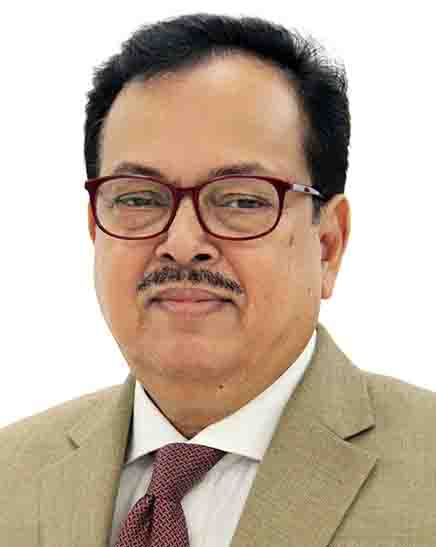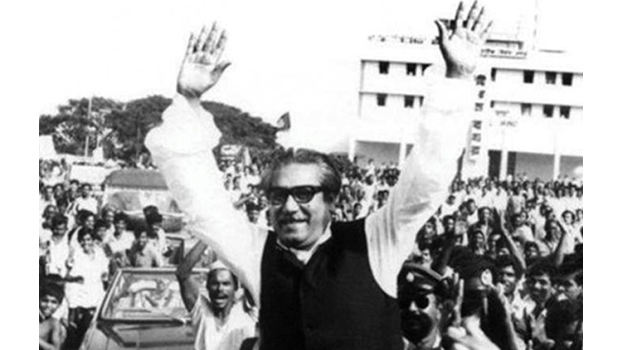Independence was incomplete without Bangabandhu

It was a royal return. It was a heroic return. Bangabandhu Sheikh Mujibur Rahman, the Father of the Nation, returned to the soil where he was born and brought up, and ultimately had grown as the greatest politician of his time. And without the presence of Bangabandhu, the people of Bangladesh could not accept the independence.
The sovereignty and independence of Bangladesh meant nothing to its people without having Bangabandhu near them. According to them, the war was not over and the freedom was not completed without the presence of its founder.
With the surrender of Pakistani Army to the Joint Command of Indian Army and Bangladesh freedom fighters on the 16th December in 1971, the auspicious moment of the glorious victory came after the nine-month-long bloody war of liberation, the long-cherished sovereign independent Bangladesh came into being.
The people of Bangladesh, who had long suffered disparity and wide-ranging oppression, were ecstatic with newly earned independence, but when they found that their beloved leader Bangabandhu Sheikh Mujib was in captivity in Pakistan, independence could not make them absolutely happy.
The freedom fighters, who fought a tremendous battle against the Pakistani Army, vowed to bring back Bangabandhu from the Pakistani jail and declared a new war against Pakistan on another front.
The international community along with Bangladesh was exerting pressure on Pakistan. Indian Prime Minister Indira Gandhi started a diplomatic war against Pakistan with a view to bringing back Bangabandhu Sheikh Mujib.
Finally, the people of Bangladesh and the Indian Prime Minister became successful. Pakistani military Junta was bound to release Bangabandhu Sheikh Mujib. They (the Pakistani Junta) sent Bangabandhu to London where British Prime Minister Edward Heath received Bangabandhu. The following day, a British Royal Air Force’s jet carrying Bangabandhu started for Dhaka via Delhi, where Indian President V V Giri accorded a rousing reception to Bangabandhu.
Finally, on the 10th January in 1972, the British Royal Air Force jet appeared in the western sky of Dhaka Airport. The people were excited and joyous to have their beloved leader Bangabandhu with them. The freedom fighters, who had just returned from the war, brandishing their weapons, fired hundreds of thousands of bullets in the sky in celebration of the homecoming of the supreme leader -- Bangabandhu.
Straight away from the airport, Bangabandhu went to the Racecourse Maidan from where he had made the clarion call on Bangalees on 7 March the same year to fight the enemy until the last drop of their blood. From the same spot, he started to address the nation that had been waiting for him for the last 11 months.
During his speech, tearful Bangabandhu was choked with emotion. He praised his people who had fought a tremendous war of liberation and snatched the independence of Bangladesh. It was really a moment of unbound emotion for the whole nation to see for themselves their liberator in their midst. In his speech, at one stage Bangabandhu recited Poet Tagore’s famous lines, “Sath koti santanere hey mughdha jananee rekhechho Bangalee kore, manush koroni.” Bangabandhu with utmost pride pronounced, “Kobiguru, amar Banglaee aj Manush,” meaning Bangalees can achieve anything.
Bangabandhu returned home on January 10, 1972 and the historic Homecoming Day of Father of the Nation Bangabandhu Sheikh Mujibur Rahman is being observed on this day every year. Bangabandhu inspired the Bangalee nation. He was the inspiration for the peace-loving people of the entire world too.
Sharif Shahab Uddin is Editor-in-Chief, Bangladesh Post.



